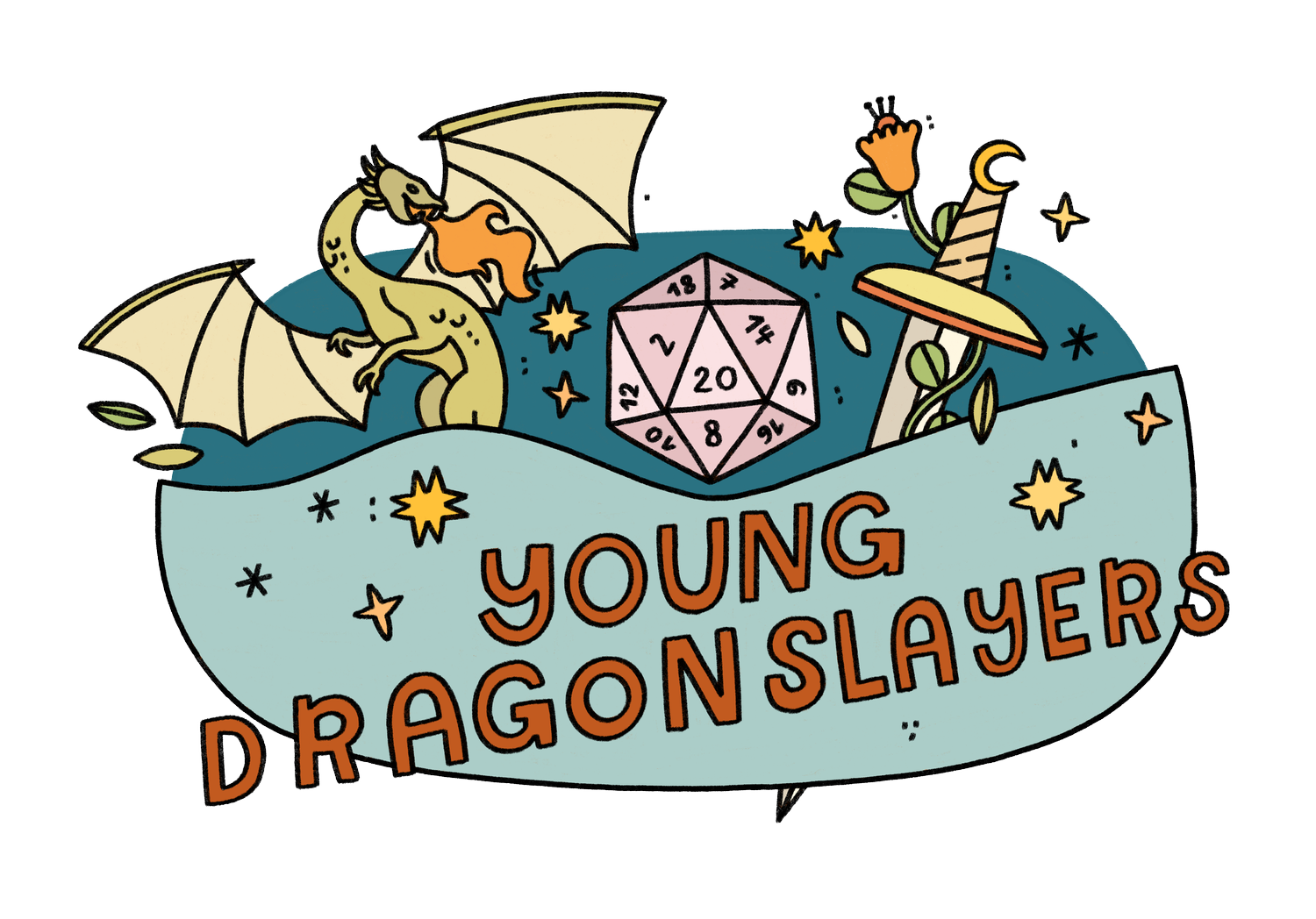Why D&D is the Perfect Fit for Neurodivergent Kids
As parents, it can be difficult to find good activities for neurodivergent children. So many activities for kids and teens aren’t made with neurodivergent brains in mind: unstructured anxiety-inducing social settings, sudden unexpected changes, and often either too much or too little stimulation for our young one’s minds. The best activities for our children not only appeal to them and their interests, but will also build skills, connections, and confidence that we want them to carry through the rest of their lives. While my little one is still too young to play, I’ve seen firsthand the impact that Dungeons & Dragons can have on neurodivergent teens, tweens, and older children. Let me tell you why I think it’s the perfect game for kids with autism, ADHD, and anything else that sets a brain apart from the “norm.”
How Do Homeschooled Students Socialize?
Did you know homeschooling is the fastest-growing form of education in the U.S.? I didn’t until I saw recent research showing that, even post-pandemic, the number of homeschooled kids continues to climb—up to 2.7 million, according to the Washington Post!
Families from all walks of life are choosing to homeschool for various reasons, so there’s no single “type” of homeschooler. Still, anyone considering it has probably faced the same question: How do homeschooled students socialize?
As a therapist, I can confirm that socialization is crucial to every child’s emotional and cognitive growth, especially for preteens and teens whose development relies on peer relationships. So, whether you’re asking this yourself or fielding questions from curious (or nosy) neighbors, it’s a topic worth exploring.
Socialization can be challenging for all kids, regardless of school setting. Homeschooling families just face different hurdles than their public school counterparts.
In this post, I’ll dive into the importance of socialization, why not all social events are equal, and how parents can intentionally set their kids up for social success. We’ll also look at how online platforms (like our D&D games) can add valuable support to a homeschooler’s social world.
Tension at the Table: How to Deal with Disagreement or Angry Players in D&D
I could see it in my player’s eyes. Sure, we were on video, but he was not happy. The BBEG had succeeded in throwing the queen off the balcony, and unfortunately, after a full round of combat, there was little to be done to rescue her.
“But it’s only six seconds,” he argued. “That’s not how falling works.”
My engineering background begged to differ according to the free fall formula s = v₀t + ½gt². I did a quick search of falling rules (only damage is specified in The Player’s Handbook), but official rule arbitrator Chris Perkins had my back. A creature would fall 580 feet in one round, 1160 feet in two. Of course, there would be a bit of wind resistance, but the queen’s dress certainly wasn’t a parachute.
I could feel the player’s frustration through the screen. He didn’t agree with me, even though the rest of the table did. But, as a DM, it was up to me to make a decision, and that decision just so happened to put the players and the poor queen in a horrific situation.
For a full three seconds, the group was completely silent. You could have cut the air with a cheese grater.
When you play Dungeons and Dragons long enough, tension will happen. Tempers will flare. In a roleplaying game like D&D, you sometimes can’t help but get drawn into the drama. If you’re acting, strategizing, and thinking like a character, why shouldn’t you feel like them, too?
So, You Want to Be a Dungeon Master: 7 Ways to Learn to DM
Hail and well met, future Dungeon Masters! You’re ready to dive into the world of facilitating your own Dungeons & Dragons games. Welcome to a realm where your imagination runs wild, and you can bring your wildest dreams (or nightmares) alive for your friends and family. But wait: before you start crafting epic quests and summoning mythical creatures, you might be wondering, "Where do I even begin?" Fear not, my fellow adventurer, because we've got your back.
D&D Mental Health Research: What 10 Articles and Studies Tell Us About the Benefits of TTRPGs
It’s no secret that we like to tout the mental health benefits of Dungeons & Dragons around here: we’ve talked about how it can be helpful for kids with social anxiety and depression, as well as boosting social-emotional and leadership skills. But why should you take our word for it? After all, we’re trying to convince you to enroll your child or teen in our online D&D games.
Fortunately, we’re not the only people getting interested in the mental health benefits of D&D: therapists and educators are taking notice, too. And research is starting to come in to back up the idea that tabletop roleplaying games have a lot to offer when it comes to emotional wellbeing.
Behind the Screen: D&D’s Social Secret to Leadership Development
Dungeons and Dragons is a creative, immersive game that has captured the imagination of tweens and teens everywhere. In addition to being a fun and fulfilling hobby, D&D bosts an array of social-emotional benefits.
Playing as a character in a collaborative, imaginative story gives kids a chance to build skills like teamwork, empathy, and compassion. But there’s another benefit to D&D that you may not have considered: its potential to develop confident leaders.
What Are the Social-Emotional Skills Used in Dungeons and Dragons?
The collaborative, immersive nature of D&D makes it an amazing vehicle for social and emotional learning. You’re literally putting yourself in another person (or elf, or gnome, or giant talking cat’s) shoes. How you interact with others has a huge influence on the success or failure of your game. You almost can’t help but improve your people skills!
But what exactly are social-emotional skills, and how do they get used in the game? Therapists are sometimes guilty of dropping buzzwords like “SEL skills” without really unpacking what they mean. So today, let’s get into it! We’re going on a deep dive into the social-emotional skills we see kids use over the course of a standard D&D campaign. You’ll learn what SEL skills are, why they’re important, and how they play out in D&D.







